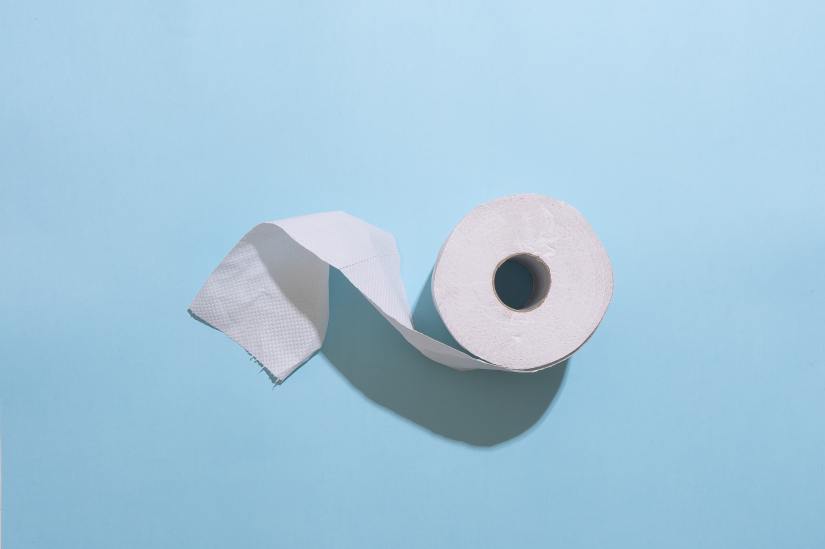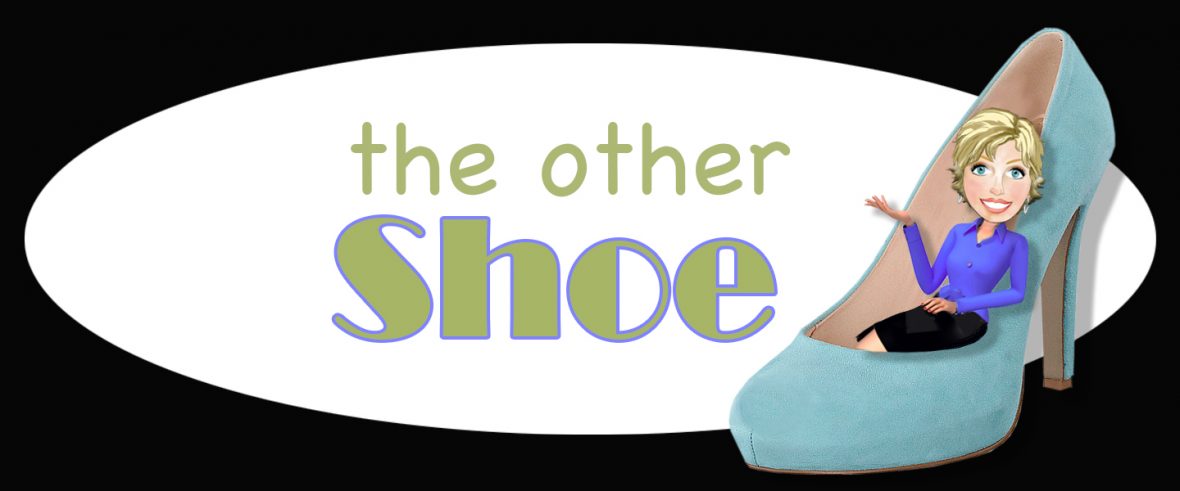The world, as we know it, will change. So will we.

Change is pretty much innate to living. No matter how evolved and enlightened we think we are, nothing is more intrinsic to nature and humanity than change. From hurricanes and earthquakes to fires and pandemics, nature can transform our world in a nanosecond. We can try to control it but nature will always tell us who’s boss. The current pandemic is deadly proof that when humanity and nature collide, things will change and not in a good way. Hello, COVID-19.
Scheduling a big family reunion? Nada. An out of town vaca? Nope. Planning dinner with friends? Well, dining out – is out. Those quick little errands will have to wait, too, maybe for quite awhile. Being ‘up close and personal’ has become a little too personal – and risky. (And no one misses hugging more than an Italian girl!) We’ve entered a Rod Serling universe and we can’t just change the channel. Social distancing has become a thing, the ONLY thing that can help slow the spread of the virus and save lives. Will it eliminate risk? No, but it’s critical to lessening the upward curve, a curve that can lead to worst case scenarios.
We change jobs, houses and hairstyles but changes that create sudden empty shelves and streets, one that mandates social isolation? No, there’s nothing ‘normal’ about this kind of change. Our connected society is suddenly off balance. Schools, parks, stores, and jobs are shut down. Stocks have been in free fall. Healthcare workers are begging for beds, supplies, and critical equipment. Why wouldn’t we be upset, anxious as hell and complain about all we take for granted being put on hold? But, if we can be resilient enough to manage a few weeks sheltering in place to care for ourselves and one another, we will do more than just wade through a pandemic. We will have learned, like the Velveteen Rabbit, to be ‘real’.
A few months ago, I wrote a blog about ‘first world problems’, and while being in isolation certainly isn’t a walk in the park, for most it’s hardly ‘worst case scenario’ either. We can feel depressed and anxious when we look at our daily lives and barely recognize them. Other than missing hugging and smooching my kids, grands and friends like crazy, I may be luckier than most. Working remotely for many years was a type of training wheels for living in place. And often, after my husband’s procedures, we hunkered down for an isolated recuperation. That’s not to say, I’m also spoiled with the ability to hop in my car and run to the library, post office, and grocery when the mood or need hits. Those times will come again and when they do, I’ll consider them with different eyes.
An avid reader of the WW2 period, (go figure) helps me put a little perspective to these current times. There is little comparison to the rationing, blackouts and terrifying bomb shelter life people endured during those long years. The spirit of community, embracing uncertainty and the greater good shown in that era is an enduring example of how people ramp up in times of crisis. With fear and sacrifice as constant companions, people kept living each day, as best they possibly could. What their ‘can do’ spirit, resilience and sense of gratitude accomplished earned them the title ‘the Greatest Generation’. We’ve only experienced a drastically changed lifestyle for less than two weeks. What will future generations say about us?
When COVID-19 eventually lessens its stranglehold, the country will slowly return to a new normal. But, in some areas, the more things change the more they remain the same. The wealthiest 5%, remain at the head of the line, to be saved once again with bailouts, while the other 80% will struggle exponentially from job loss, and financial difficulties. Some will still have no healthcare, live from paycheck to paycheck, often in abject poverty. Those people will see complaints about missing happy hours, gym time or trips to the mall as alien as those of another planet. In a country divided by affluence and lack of it, political party, race and gender, this pandemic is proof illness does not discriminate; only the way we treat it.
Not that long ago, the HIV/AIDS epidemic killed at least 40 million people and drove significant change in our thinking and ways of living. Our ability to combat the disease was as much in spite of government as because of it. Epidemics like MERS and SARS should have given us the heads up that at some point a pandemic was in our future. We were warned, not by Henny Penny but many experts that, at some point, an epidemic sky would fall. It was just a matter of time. Today, our mayors and state governors have helped handle the biggest challenge of this century better than the government writ large. We found out pretty quickly that leadership or lack of it – matters. At the very least, reality TV stars are ineffective in times of stark reality; at worst, agents of disaster.
When COVID-19 descended, we were woefully unprepared and have been struggling to catch up. Neighbors scrambling to sew DIY surgical masks, hospitals Gerry-rigging respirators seem sadly tragic in a country as great as ours. While no leader can possibly be blamed for a pandemic, they can be denounced for the way they handled it when it arrived and to date, the late to the party ‘handling’ has been calamitous. This is not a time for self-involvement, platitudes, politics or conspiracy theories. Today, and every day, when health crises happen, truth and science rule.
When the imminent danger is over, things will ebb back to their default settings. Some will have changed dramatically. Social distancing will spotlight the necessity of connection and relationship. Hopefully we’ll take a second look at things and people we take for granted. Maybe we’ll take a second look at who grew, harvested, packaged and delivered the groceries we just grab off shelves. We will have a new awareness of washing hands – and shaking them, of being in crowded spaces and of being alone with ourselves. We will have learned that caring for one another doesn’t include a running of the bulls for toilet paper, but asking what we can DO for one another.
We will look with heartfelt gratitude to all the healthcare heroes who tirelessly sacrificed time, risked their and their families’ health to help you and yours. Most of all, we hopefully we will be more mindful of the vulnerable parts of our society, the fragility of life and connection is and how caring for each other has always been intrinsic to survival. We will say ‘thank you’, ‘I appreciate you’ and ‘I love you’ more. We will all need to find a new, improved way of being in the world.
True patriotism transcends party, race, and flag-waving. It’s the stuff that blooms operatic arias from Italian balconies during their own pandemic crisis. It’s the doctors, nurses, emergency workers worldwide who act with as much patriotism as those on the battlefield. It’s restaurant owners who’ve distributed food to those in desperate need, and volunteers who’ve shopped for seniors. From truckers to grocery store checkers, postmen, police and firemen, heroes are all around us. The age of complacency, of looking the other way, or only at what we can get, not give, is over. We can be awful or beautiful, generous or hoarders. We can be indifferent or compassionate.
It’s our choice. It’s our chance. Now is the time we can truly redefine what it means to be, not just an American, but an authentic human.
Stay safe. You are loved.


This is absolutely a piece that everyone should read. Congratulations Copy Chick.
LikeLike
Thank you! That means a lot…We are all in this together! xoxoxo
LikeLike
Another well thought out and written piece ❤️
Sent from my iPad
>
LikeLike
One of the surprising things about this pandemic is that the wider society now realizes how many people need help and/or are housebound. I hope we don’t forget.
LikeLike
I hope so, too. During the worst times in history, people take stock of what they have to be grateful for but not always beyond themselves. The world gets smaller every day and we are our brothers’ keeper. Thank you for your thoughtful answer…
LikeLiked by 1 person
Great read. Love you writing style.
LikeLike
*your
LikeLike
Oh, thank you so much, Diane…So glad you enjoyed it…stay safe!
LikeLike
Bravo, what a thought provoking , heartfelt, in- your-face , rendering of our current state of life. Great writing, as usual ❣️
LikeLike
Thank you, lovey! We are all in this together and one thing is sure. When it’s over, we will have learned much and in most life-changing events, we will change. Hopefully for the good.
LikeLike